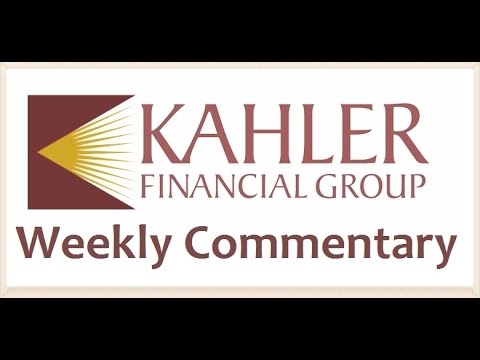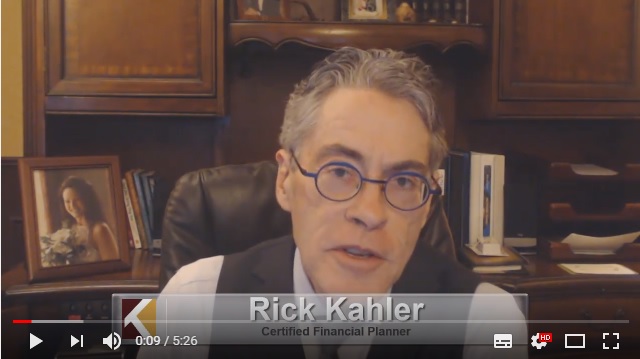The following blog is by Rick Kahler originally published in Rick Kahler’s Blog – Financial Awakenings.
Do you want to more easily change your over-spending behavior?
 According to some new research, maybe all you need is a bit of gratitude.
According to some new research, maybe all you need is a bit of gratitude.
Before you brush this idea aside as just another “feel good” theory, you may want to consider a 2013 study that suggests practicing gratitude is a powerful way to increase your happiness and decrease temptations. Northeastern University’s David DeSteno led the research project, which was published in June 2014 in the journal Psychological Science.
Many of us believe we ought to make decisions, especially financial ones, logically rather than emotionally. We assume emotions get in the way of decision-making, so we try to set them aside. We may think the best way to resist temptation, such as wanting to buy something we can’t afford, is to use self-control to clamp down our emotions.
Yet research has shown that emotions play a significant role in all our decision-making. Some of that research is discussed in an article by Ray Williams published September 25, 2011, in Psychology Today.
Trying to ignore our emotions and make cold and calculating decisions is fear-based behavior. The gratitude research, however, suggests that emotions can be used instead to help us resist temptation. Perhaps being less fearful and more grateful can actually produce better decisions.
DeSteno’s study gave 75 participants a classic test of their financial self-control. They were told they could have either $54 right now or $80 in 30 days. Before they made their decision, the researchers put the participants into one of three emotional states: grateful, happy, or neutral.
Those who were either happy or neutral showed a strong preference for taking the $54 now. The fact that by waiting 30 days and getting $80 they would receive a one-month return of 48%, which is equal to an annualized return of 576%, wasn’t even a consideration. Behavioral economists tell us this is normal. Our brains are generally wired to “kill and eat.” Having something now, even though it’s less, is better than having more later, even if it will be much more. That is some strong wiring!
However, the surprise was that the people in the state of gratitude were much more likely to wait 30 days to receive the $80. Results also showed that the more gratitude the participants reported feeling, the more willing they were to wait for the larger gain.
One conclusion of the study is that just cultivating the emotion of happiness isn’t enough to make wise financial decisions. It is specifically the emotion of gratefulness that makes a difference. According to one of the study’s authors, Professor Ye Li, this research “. . . opens up tremendous possibilities for reducing a wide range of societal ills from impulse buying and insufficient saving to obesity and smoking.”
We don’t know why gratitude has this effect. Psychologist Dr. Jeremy Dean, in a June 18 post at PsyBlog about the research, says, “. . . it may be because it makes us feel more social, co-operative and altruistic. In other words: gratitude may make us feel less selfish, which gives us more patience.”
I wonder whether another possibility may be that feeling gratitude reminds us of how much we already have, which tends to reduce our desire to get something more.
If you’d like to do some experimenting of your own, consider practicing some gratitude exercises. Dr. Dean describes some at PsyBlog. These may be as simple as making daily lists of things you have to be grateful for. It’s possible that fostering gratitude could do more than just promote happiness. It might even change the way you spend and invest.
About the author: Rick Kahler, Certified Financial Planner™, MS, ChFC, CCIM, is president & founder of Kahler Financial Group and co-founder of the Healing Money Issues Workshop. To know more about him, visit his blog: http://www.financialawakenings.com/







0 Comments